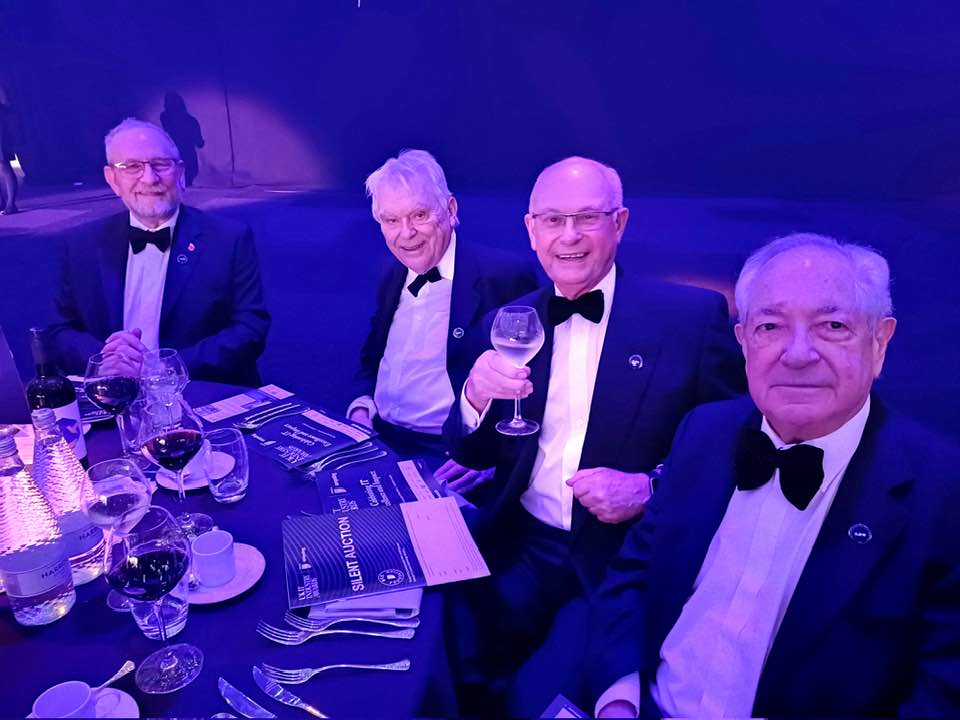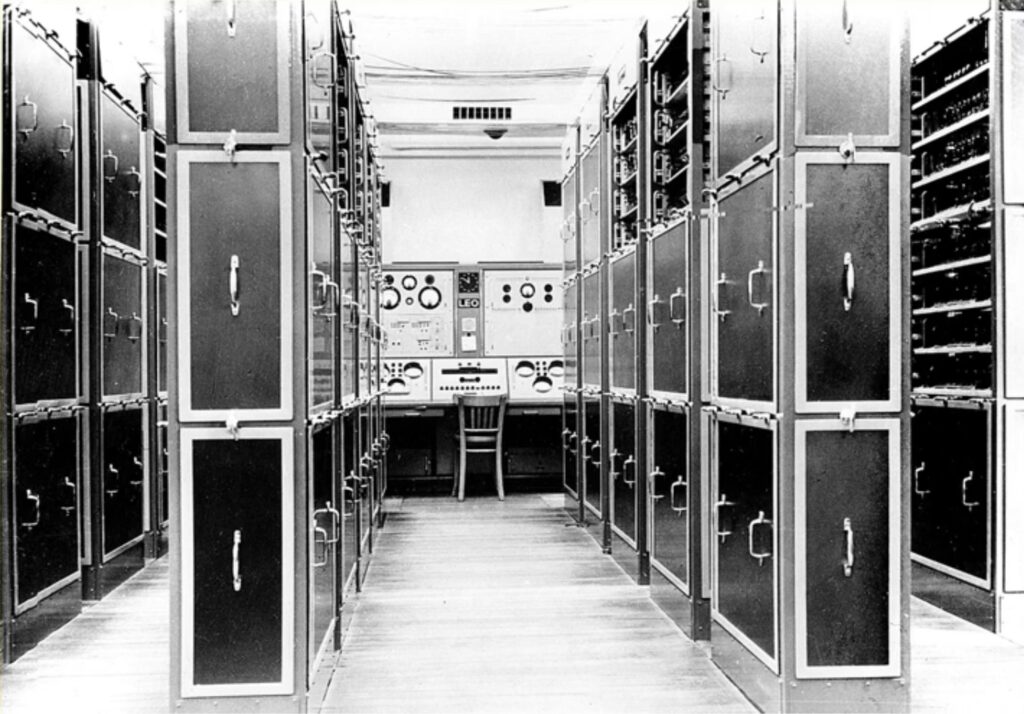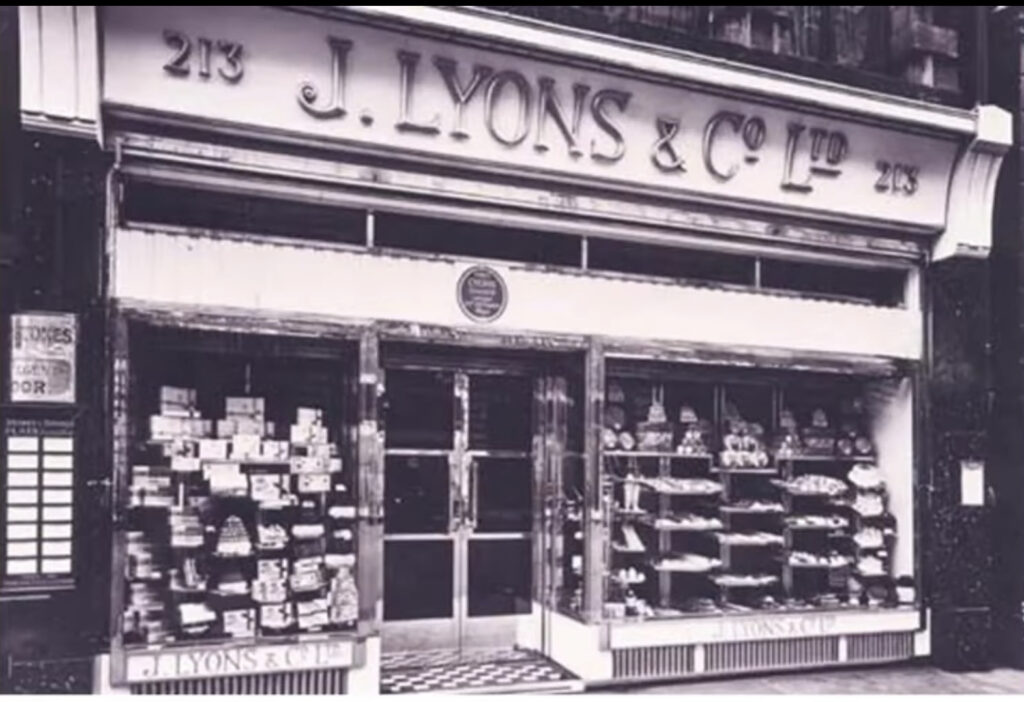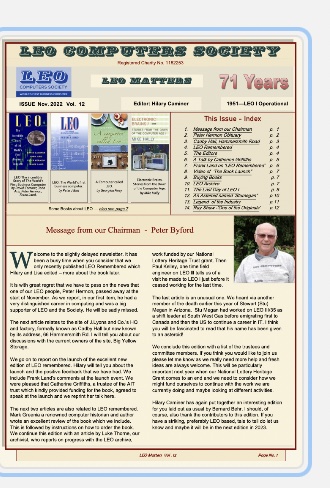A Review By
Robert M. Davison
Dept of Information Systems, City University of Hong Kong, Kowloon, Hong Kong Email: isrobert@cityu.edu.hk
BOOK REVIEW
Review of “LEO remembered—By the people who worked on the world’s first business computer”
Edited by Hilary Caminer and Lisa-Jane McGerty. ISBN: 978-1-3999-3359-9
Robert M. Davison
Dept of Information Systems, City University of Hong Kong, Kowloon, Hong Kong Email: isrobert@cityu.edu.hk
In this much revised and extended second edition, the editors have compiled a historical account with over 80 contributions from many of the people who were associated with the Lyons Electronic Office (LEO) project from its inception in 1949 through the 1950s and 1960s. It hardly need to be said, but for those of you not in the know, LEO was the world’s first business computer. It is remarkable to realise that the events that surrounded the development of LEO took place over 70 years ago. The book includes archive photographs from the period.
The LEO story has been told many times, in print, and also in film: see the YouTube version at https://www. youtube.com/watch?v=Rzu68nRVwtE. The historical background and early days of LEO are presented in a remarkably non-technical fashion in this extensive and charming set of recollections that collectively portray the LEO project as one of collective endeavour. The accounts in the current volume are illuminating and inspiring, but I have to emphasise that this book is more a collection of reminiscences than anything scholarly. Indeed, this is perhaps one of the most attractive features of the book—it allows the human side of LEO to flourish. Thus, in reading the text one witnesses the thrills (and spills) of working on a huge mainframe computer at the very dawn of the age of business computers. We read how ‘bugs’ flew through the window and got stuck in valves, of how rain was equally problematic, and how hardware problems could be fixed with a screwdriver. We have to remember that as pioneers in mainframe computers, the designers, programmers and other technicians were not able to refer to past practice elsewhere: my sense is that they relied extensively on ‘seat-of-the-pants’ logic and fixed problems as they arose to the best of their imagination and ability.
The overall effect of reading this book is to glean an unexpected insight into what it was like to work at the cutting edge of technological innovation, and as we look back, to realise that the innovations of that time inspired the innovations that followed all the way to the present day. I very warmly recommend this delightful book. You can obtain copies at ₤8 + postage from the LEO Computers Society. Please write to LEOremembered@leo-computers. org.uk




